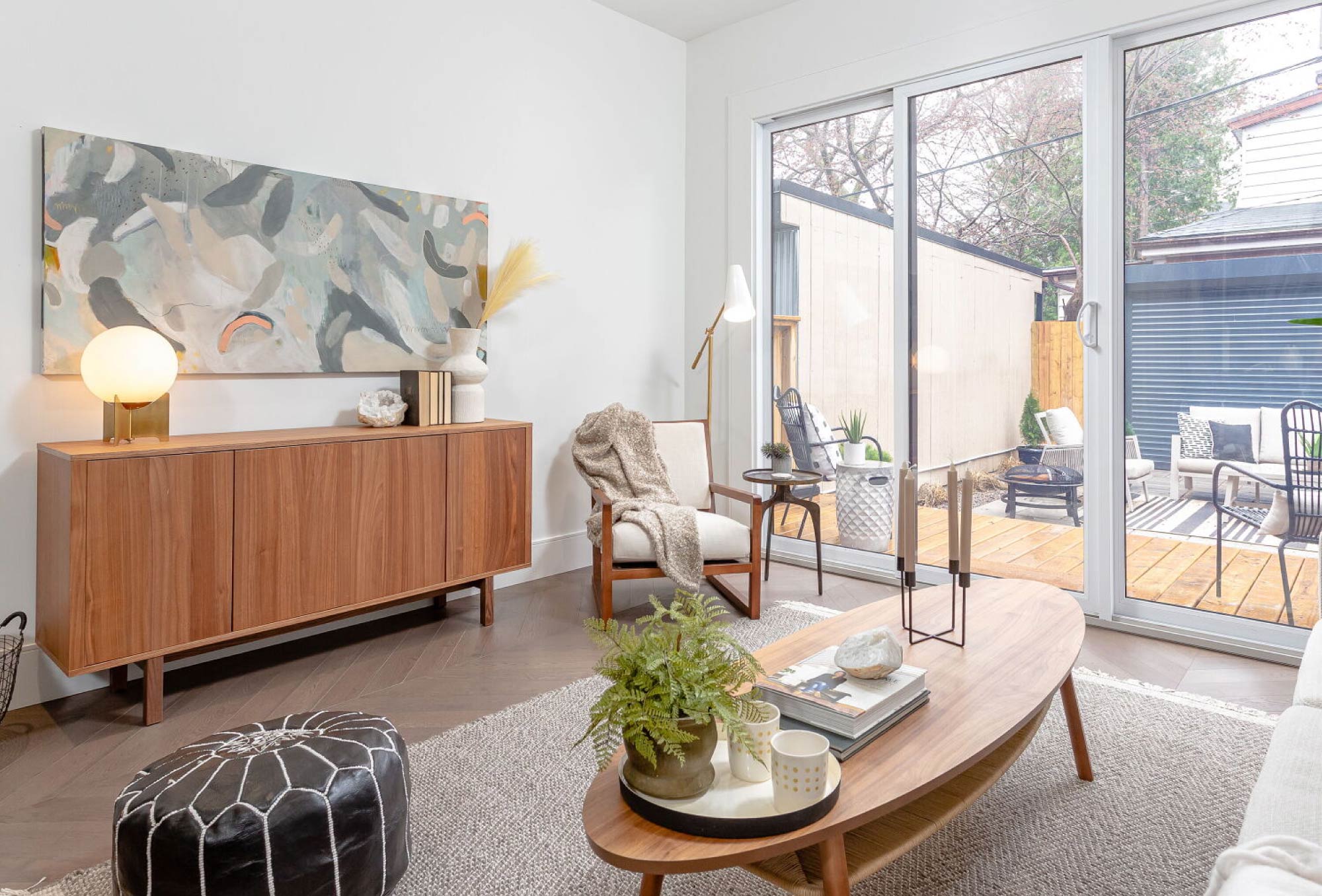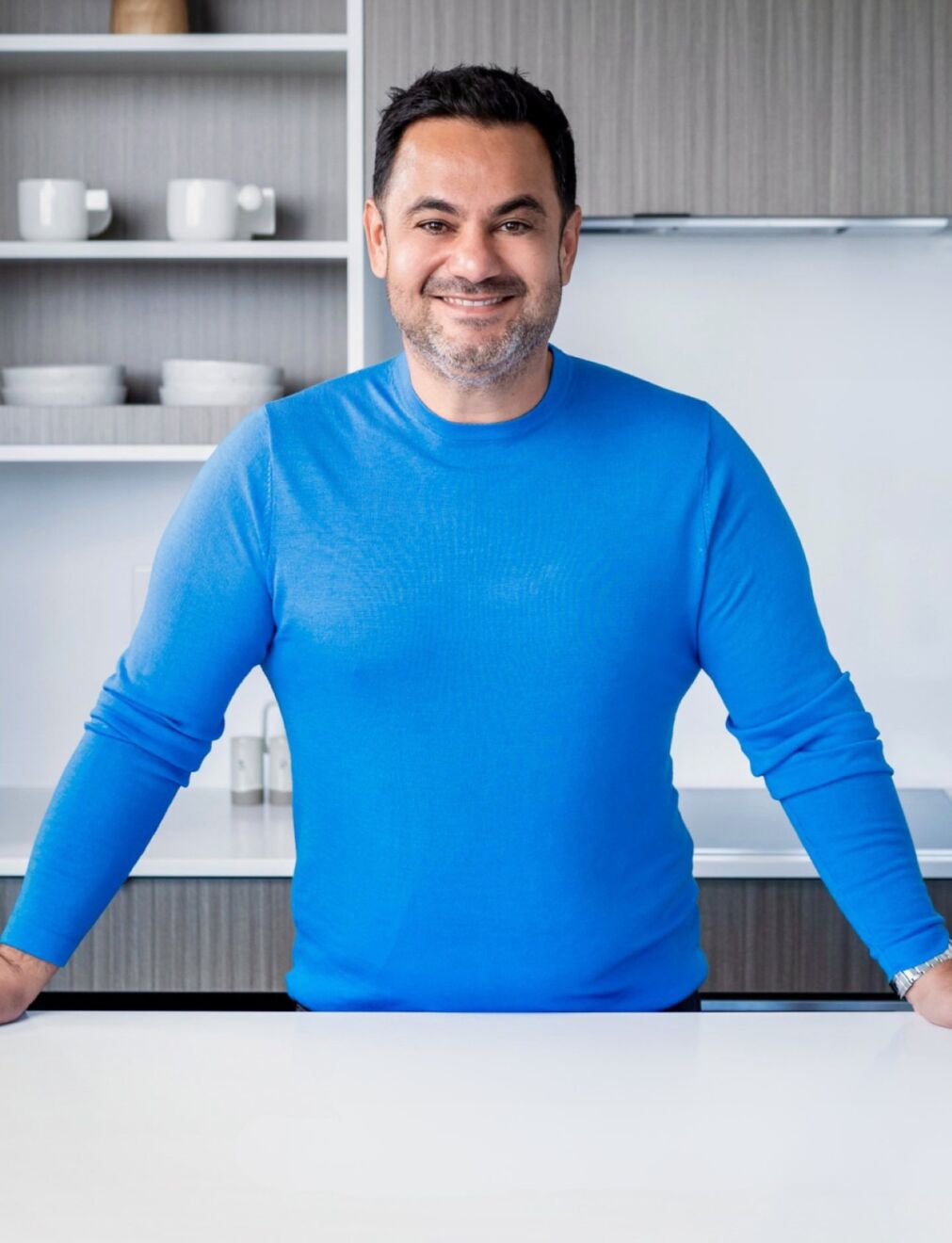
A new RBC survey says home equity is playing a more prominent role in Canadian’s retirement plans. More than half (55%) of non-retired Canadians age 50+ said they expect to leverage the equity in their home as a source of retirement income (up from 49% in 2018), with 52% stating they would downsize or rent instead of owning to bring in more income if needed in retirement (up from 36% in 2018).
The research also found that one-quarter (25%) of these not-yet-retired Canadians would borrow against the equity in their home if needed, and a further 12% believe they would rent out a part of their home for additional funds.
The majority of us spend most of our working years saving for retirement and strategizing about how to make the most of our investments to enjoy the lifestyle we desire. More and more, Canadians are planning to rely on their home as a big part of their retirement plans. Whether it’s rightsizing or accessing equity in your home, if your residence is part of the path to retirement, it’s important you understand the path that will get you there.
RBC also found that Canadians are funding their children’s lives into adulthood (28% of first time and prospective home buyers purchased or plan to purchase with the assistance of family). The majority (76%) of parents report they are still supporting their 18- to 35-year-old children – with those who do spending an average $5,623 per year to provide this support. 45% of parents also fund living expenses – which includes mortgage payments – for their adult children. More than one-third (36%) are concerned that supporting their adult children will impact their retirement savings.
But helping your children through their early adult years can pay off in your retirement if done smartly. Investing in real estate with them as a partner can provide gains for both parties, especially in the pre-construction world. What’s the best approach? Start thinking ahead long before retirement is within reach.
How to Turn Home Equity into Retirement Income
When You Retire, You Can Downsize and Invest the Proceeds
Once you stop working, sell your home, buy something smaller and less expensive, then take your gains from the sale and invest them to provide an income stream.
A smaller place can be less expensive to maintain, too. Property taxes may be lower on a less expensive home, since they are usually based on a percentage of the value of the property. Heating or cooling a smaller space can be cheaper, too.
Alternatively, you could rent! The downside of renting is having to write a check to your landlord every month. The upside is you invest the entire proceeds of your home sale to work for you.
Sell Your House and Move Abroad
Did you know Costa Rica is top of the list of best places to retire internationally? You can rent a two-bedroom home for $500 a month, and medical care is very affordable.
The good news about moving to an exotic place is your family will want to come to visit regularly. With the help of technology like Skype, you can also keep in touch with your kids and grandkids on a regular basis.
It’s not set in stone, either. You can always move back!
Sell Your Home, Invest the Proceeds, and Live for Reduced Rent
Manage the onsite and day-to-day operations of an apartment or condo complex you move to and live for free or reduced rent for part-time work.
Sell Your House and Move in With Your Kids.
Families all over the world live in multi-generational homes. Today, multi-generational housing is still a niche, and it’s driven mainly by grown kids moving in with their parents. But it’s a rising trend.
Whether you live in a completed basement, mother-in-law quarters, or in the extra bedroom, living together as one big family can work.
Young parents appreciate a second set of hands with the kids. Grandparents can be handy for picking up the kids at soccer or dance class. If you love to cook, you can promote regular family dinners that are often missing in today’s busy world.
There may be other emotional benefits, such as bringing your family closer together, but it certainly works financially.
Rent Out Space
If you love where you live and don’t want to downsize, stay in your house and rent out a room or your basement. You could rent to a graduate student or medical resident who is quiet and focused on their studies. Rent to a retiree who sold their home and now wants to rent!
Use technology to expand your reach. AirBnb and VRBO are great for short-term rentals. If you’re looking for a more long-term situation, try something like SilverNest, a site for seniors looking to share space.
Stay in Your Home and Take Out a Reverse Mortgage to Tap Into Your Equity
A reverse mortgage is a loan that allows you to tap into your home equity, either as a lump sum or a line of credit, while still owning our home. You can use that money to supplement other retirement income that you have.
Since the property is still yours, you’ll need to maintain your home and pay the taxes and insurance. When you sell (or your heirs eventually sell), the loan is paid off and any remaining equity in the home is yours to keep. If the value of the home is less than the loan value for some reason, since it’s a non-recourse loan, the heirs aren’t liable for the difference.
The downside of a reverse mortgage is that there are closing costs which can be high. But if you want to stay in your home and want to use home equity for retirement expenses, it’s a way to tap into the equity for retirement income so it’s worth exploring.
There are pros and cons to any money move. Selling your home and buying another involves costs of the transaction and the move. Renting out a room to a student, a senior, or on AirBnb can be a hassle. A lender charges fees for a reverse mortgage. Nothing is perfect.
But if you haven’t saved as much as you wish you had, but you own your home, you have options. Consider ways to turn your home into a retirement income stream. Talk with a trusted and educated Real Estate Broker, a financial advisor and tax professional to get personalized advice before making any financial moves.
A few sacrifices can make the difference between being able to retire and live a comfortable lifestyle or working longer than you wish.

TRB Education Hub
Get the real estate resources you need to succeed. Visit our education hub for market insights, guides, podcasts and more.




